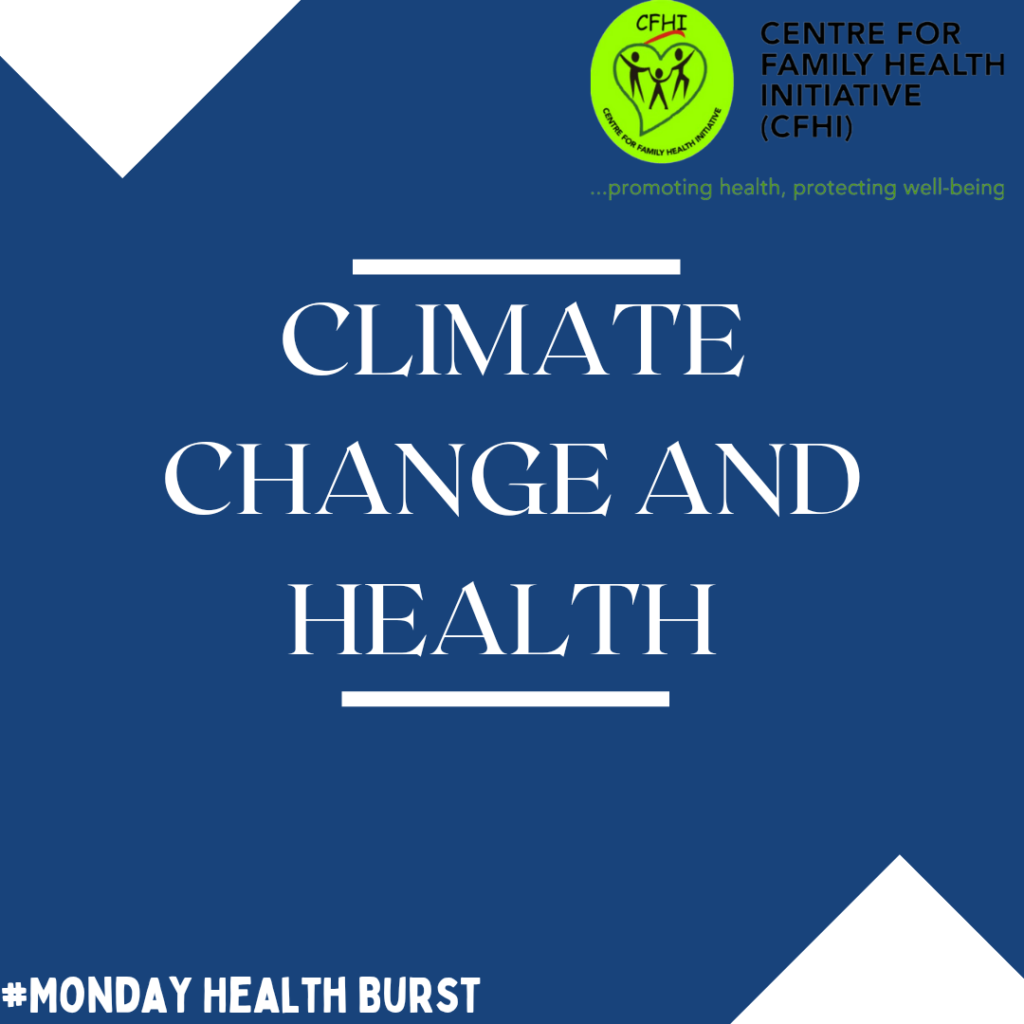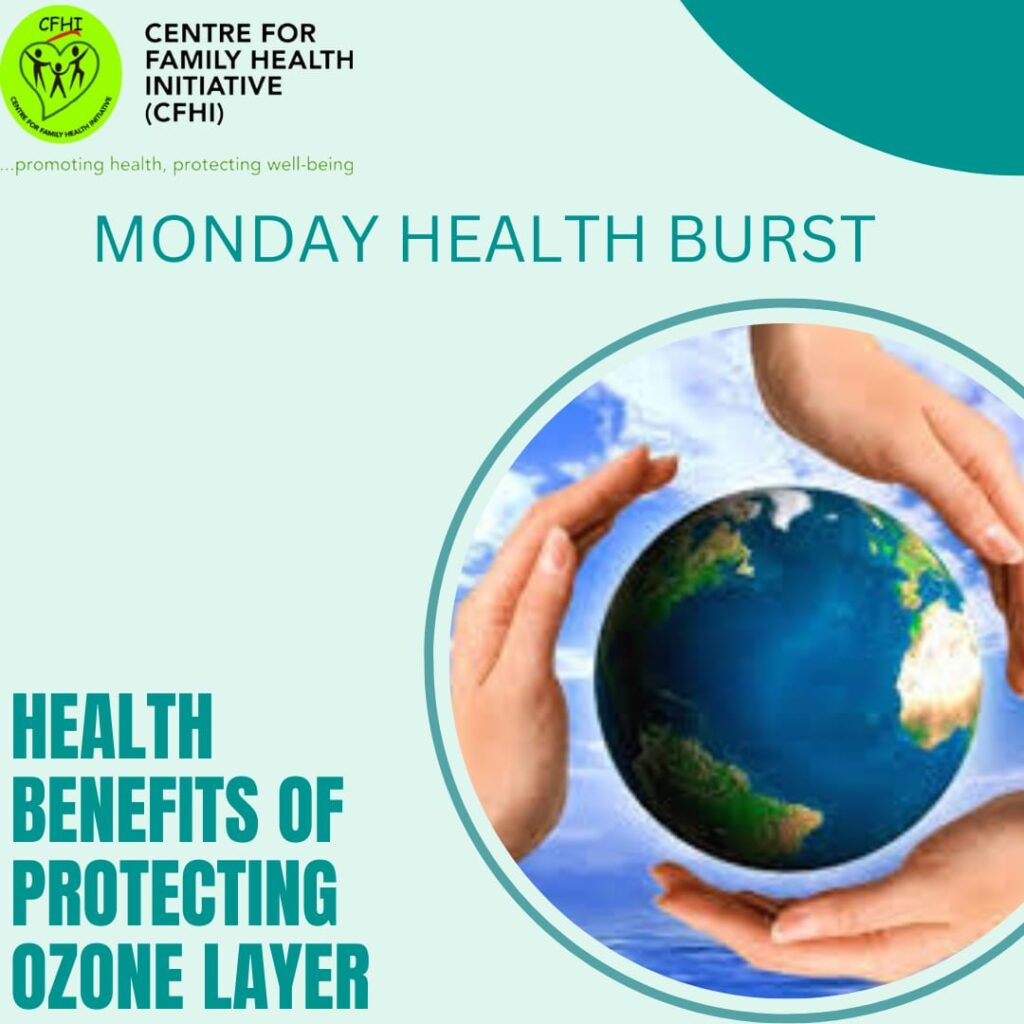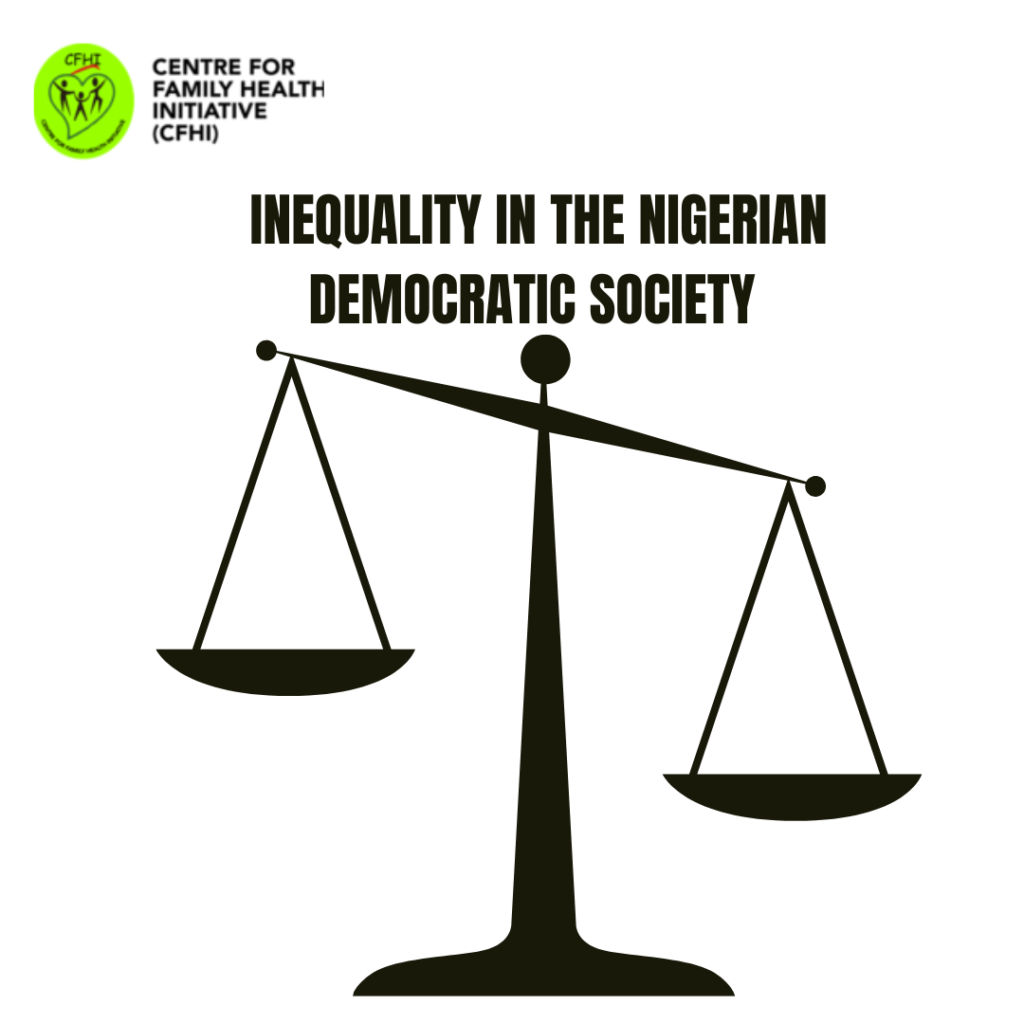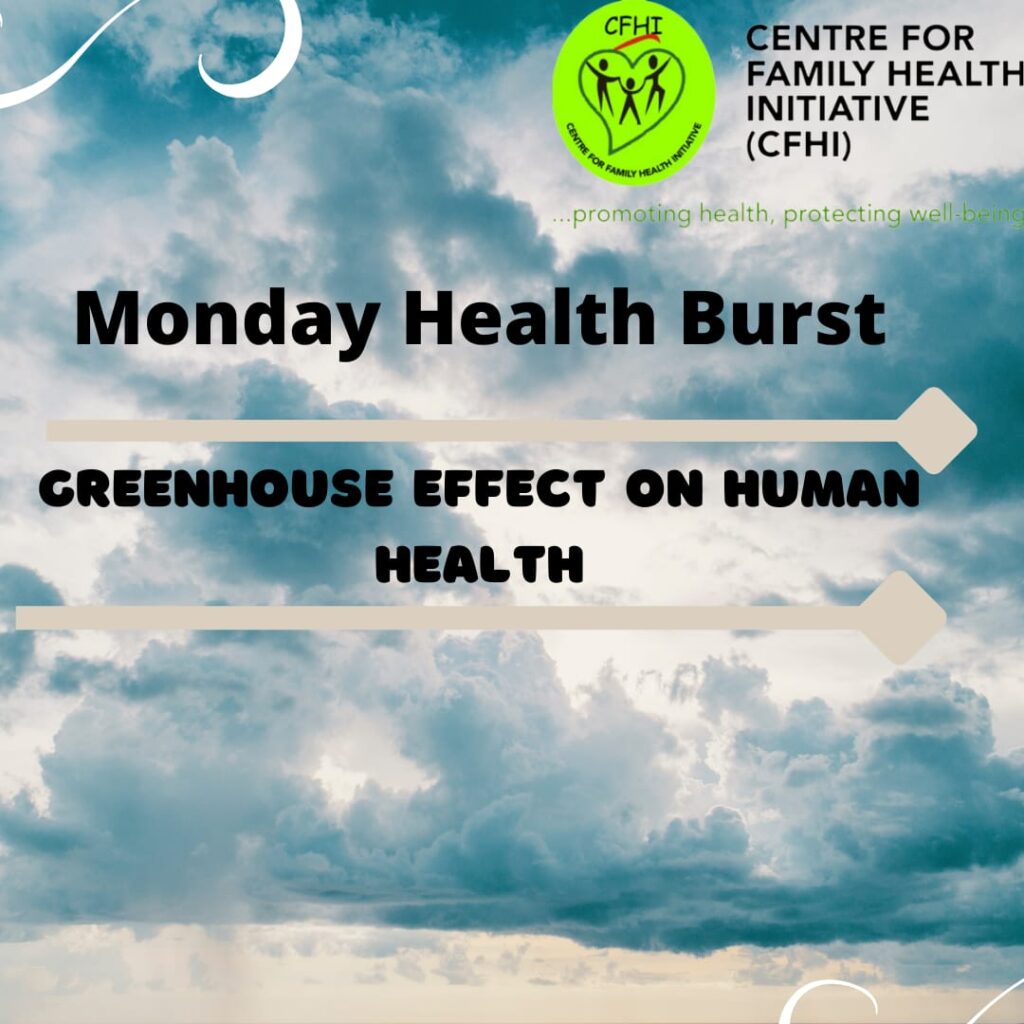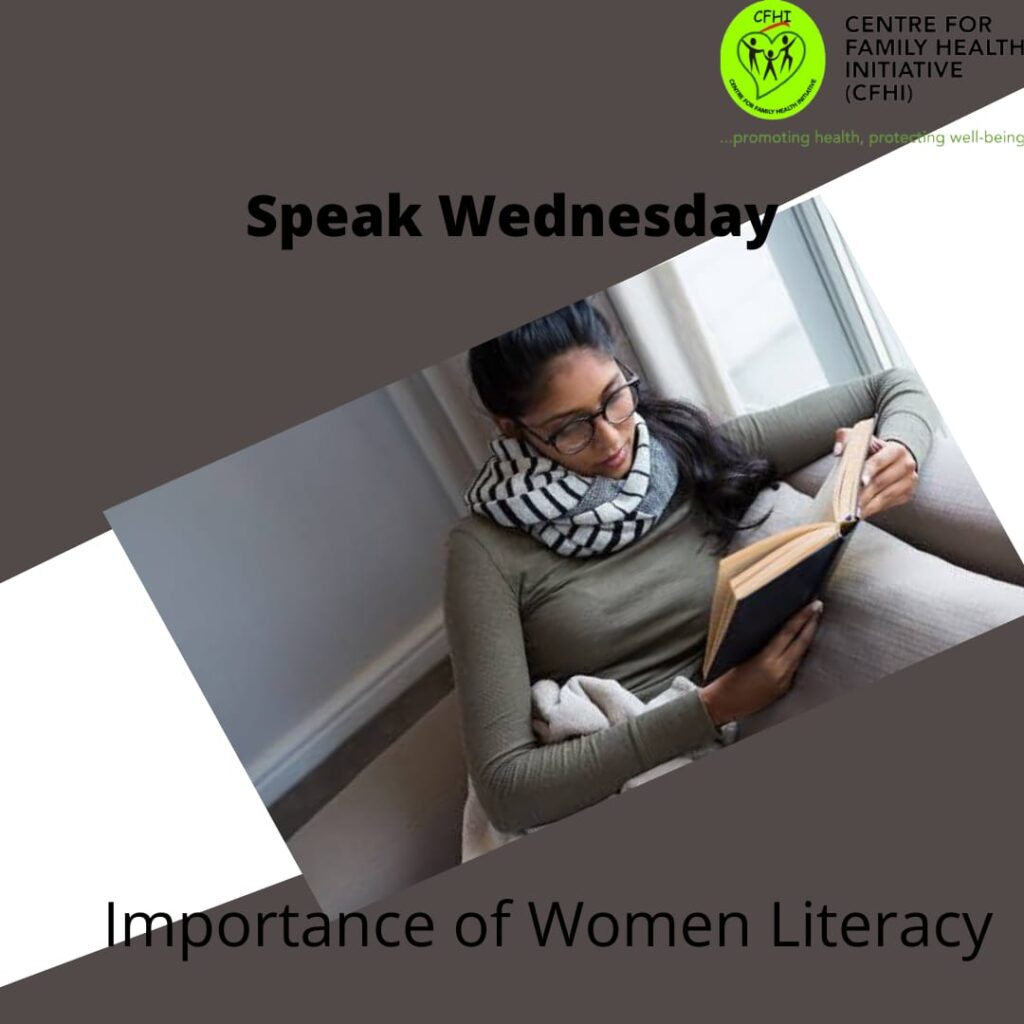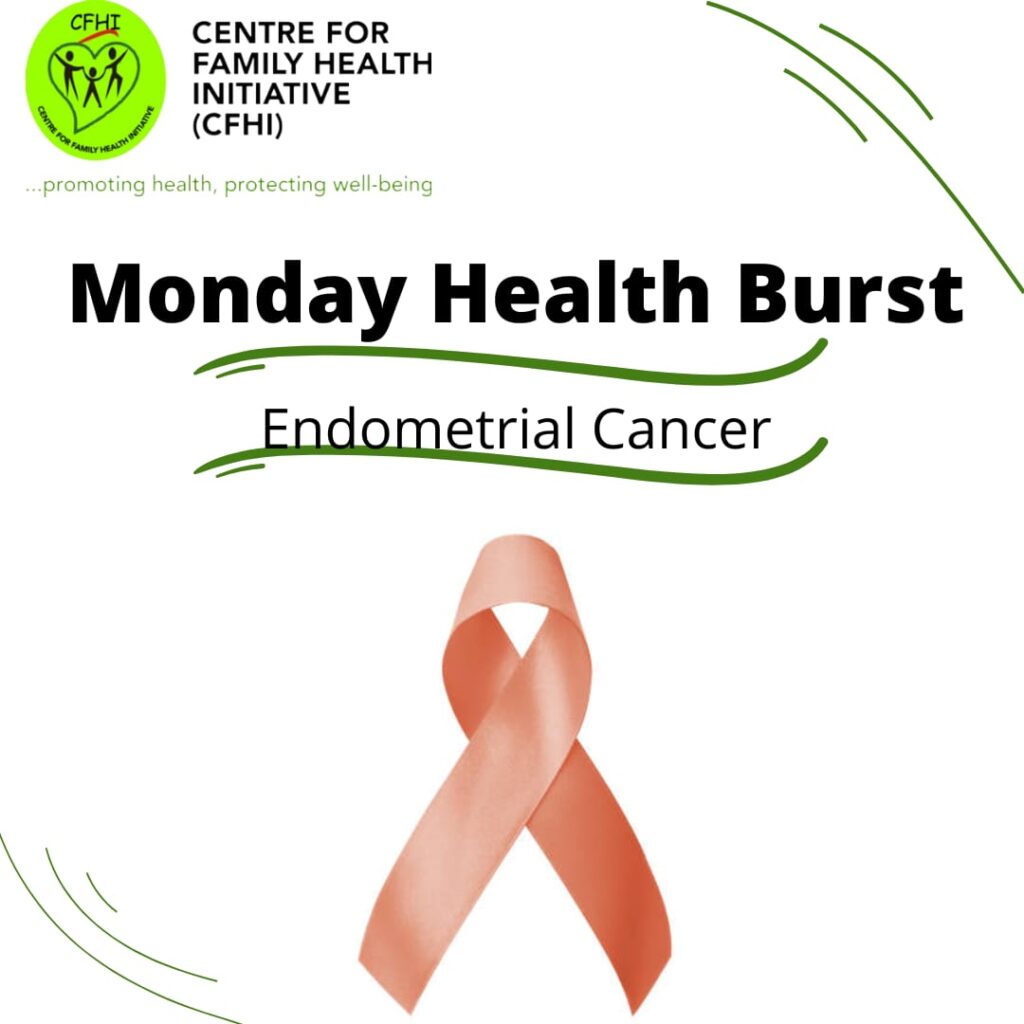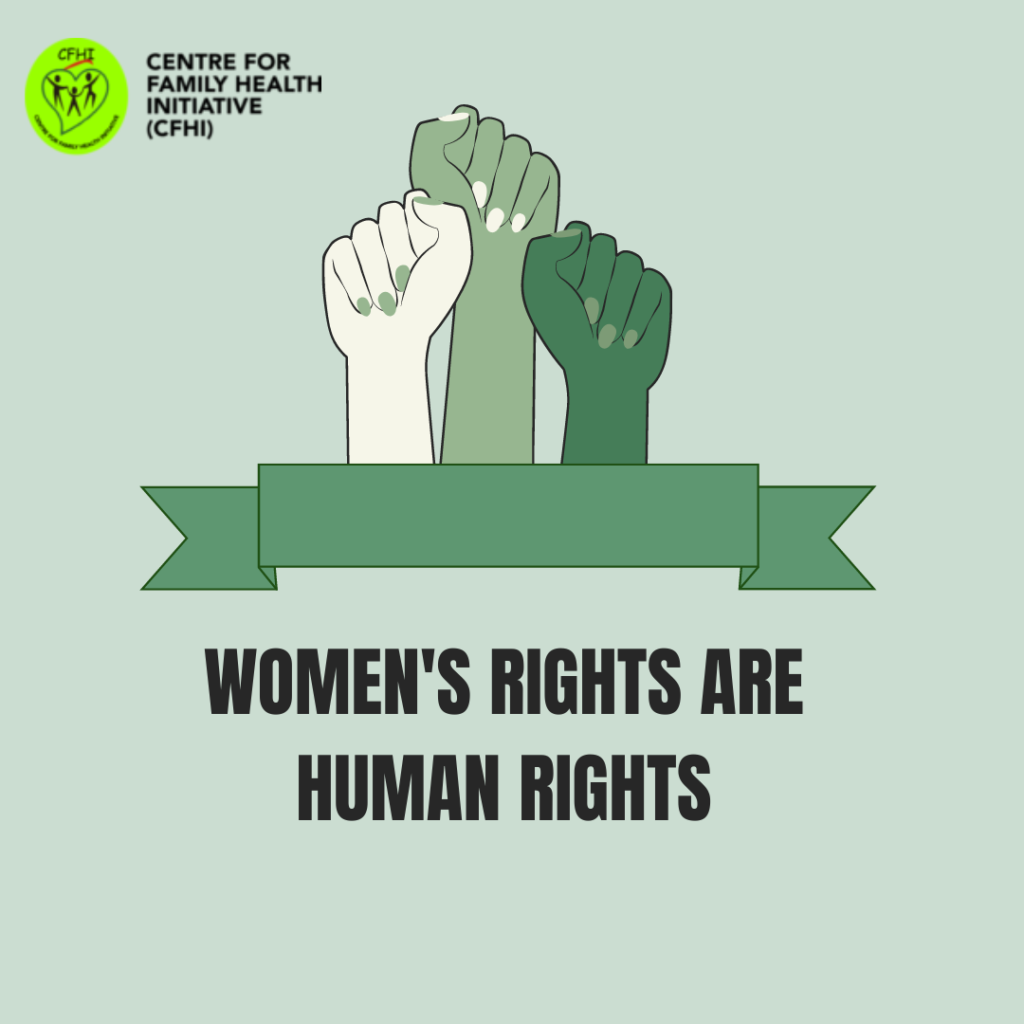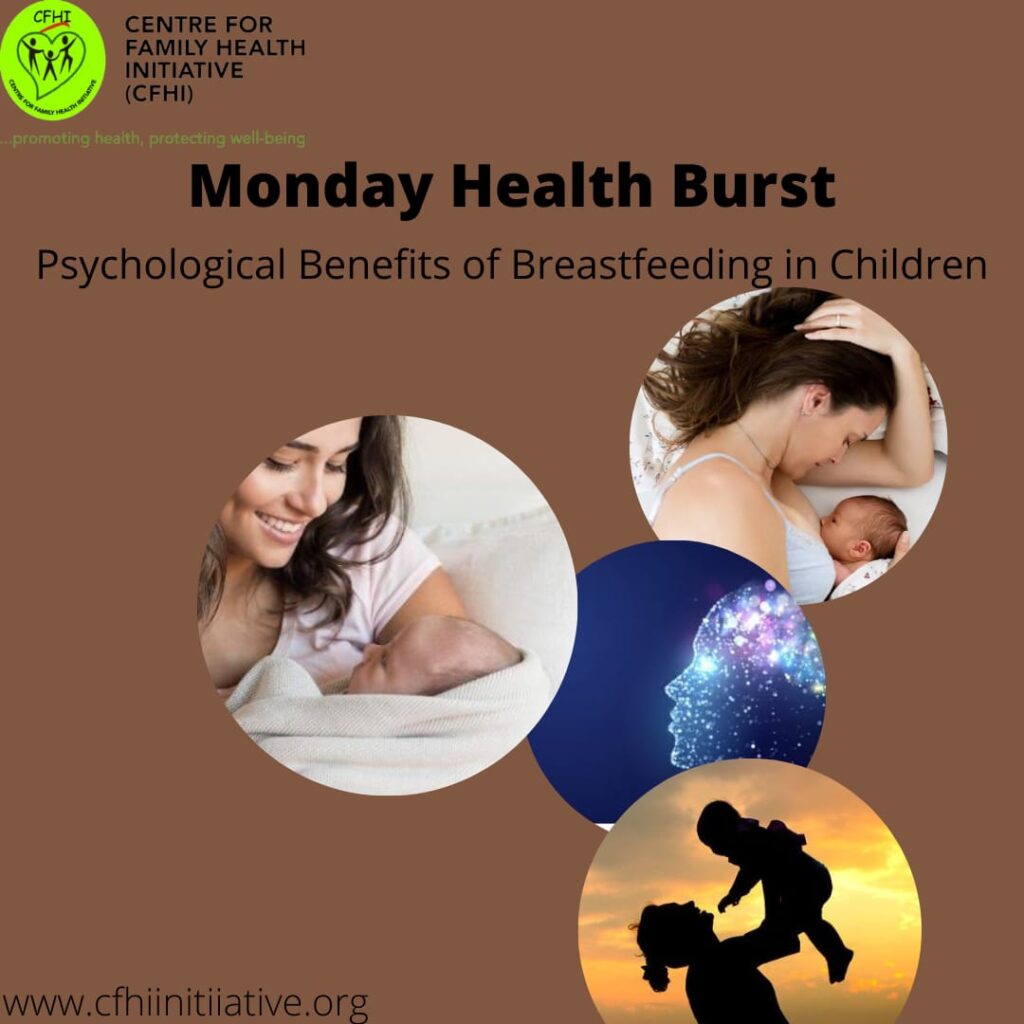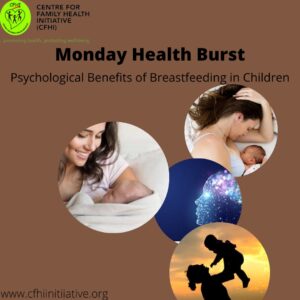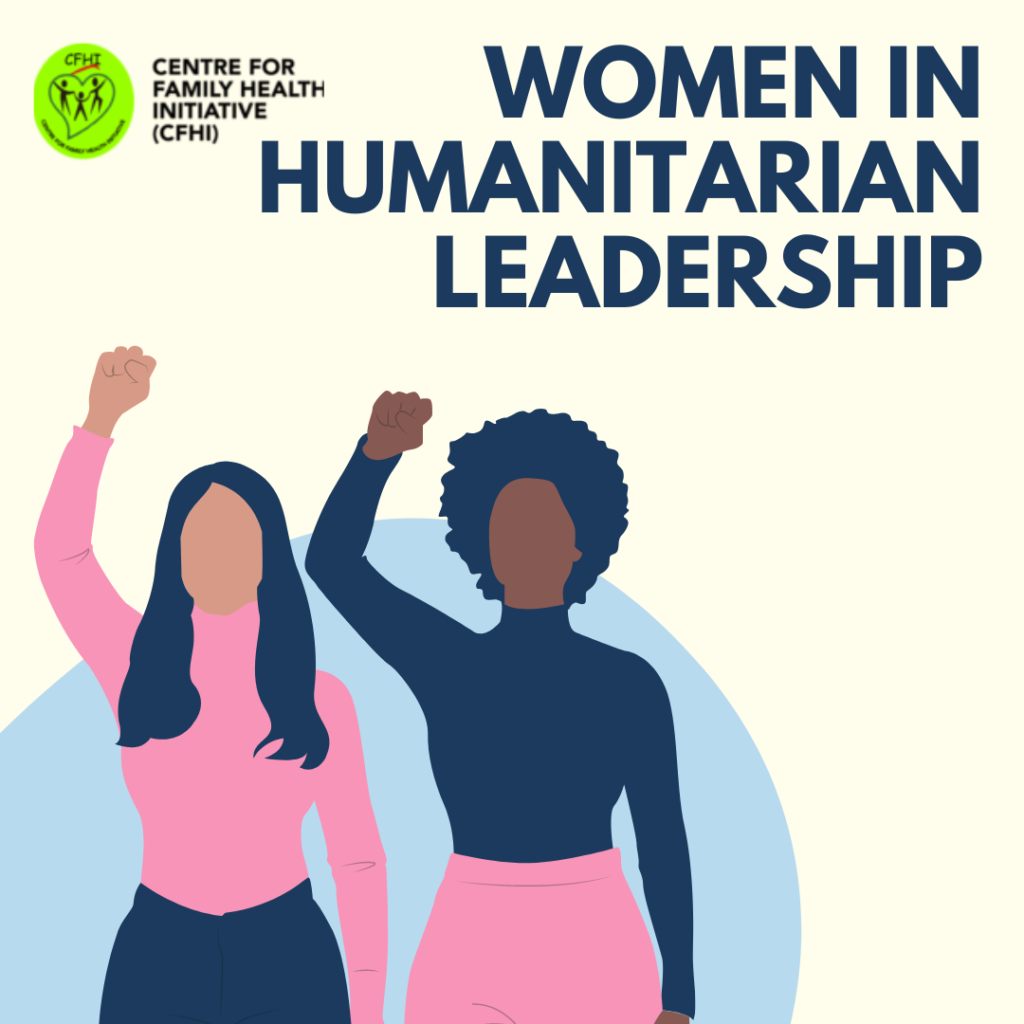MONDAY HEALTH BURST ON CLIMATE CHANGE AND HEALTH
Climate change, together with other natural and human-made health stressors, influences human health in numerous ways, Centres for Disease Control and Prevention (CDC).
According to the World Health Organization, between 2030 and 2050, climate change is expected to cause approximately 250,000 additional deaths per year, from malnutrition, malaria, diarrhoea and heat stress.
Health is already being impacted by climate change in a variety of ways, including the increased frequency of extreme weather events like heat-waves, storms, and floods, the disruption of food systems, an increase in zoonosis, food-water diseases vector-borne diseases, and mental health problems.
Furthermore, many of the social factors that contribute to good health, such as employment opportunities, equality, access to medical treatment, and social support networks, are being undermined by climate change.
Women, children, ethnic minorities, poor communities, migrants or displaced people, elderly populations, and individuals with underlying health issues are among the most at risk and disadvantaged groups who experience a disproportionate amount of these climate-sensitive health concerns.
According to Common Wealth Fund in the article “The Impact of Climate Change on Our Health and Health Systems”, accessed on 26 September,2022, Since 2008, weather-related incidents have caused an average of more than 20 million people to relocate worldwide. Compared to the consequences on physical health, the effects of such stress and loss on mental health are more difficult to measure. However, they are still very severe.
The greatest threat to human health is climate change but reducing emissions of greenhouse gases through better transport, food and energy-use choices can result in improved health.
#MondayHealthBurst #ClimateChange #CDC #Palladium #VillageReach #PreservationofOzoneLayer 
MONDAY HEALTH BURST ON CLIMATE CHANGE AND HEALTH Read More »

